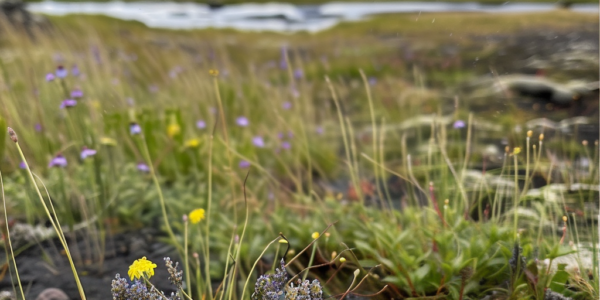Study Challenges Understanding of Soil Microbiome Diversity and Carbon Cycle
A recent study from the University of Vienna challenges existing understanding of soil microbiomes’ impact on the global carbon cycle. The research found that warmer soils increase microbiome diversity, affecting carbon release. This suggests that carbon release is not solely due to accelerated microbe growth, but also from previously dormant bacteria. The study’s lead author emphasized the complexity of soil microbiome dynamics in response to temperature changes.

